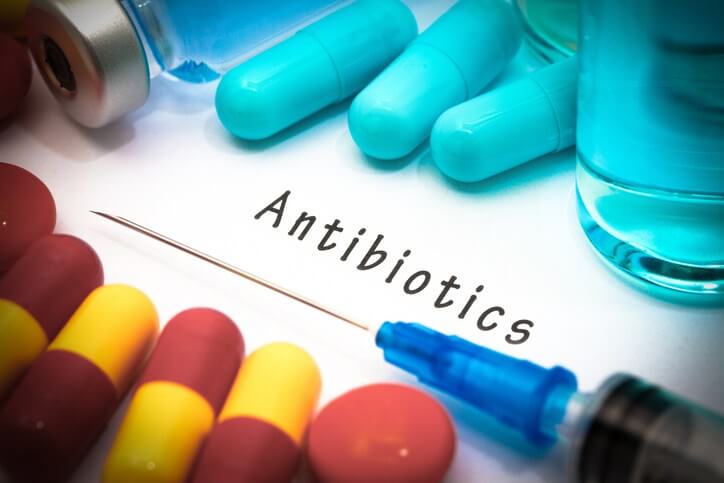Avoiding Antibiotic Resistance
- Category: Living Well
- Posted On:
- Written By: Dr. Jeffrey Coco, Chief Medical Officer (CMO)
Antibiotics have been used for the past 70 years to treat patients with infectious disease and kill bacteria. However, with the constant use of antibiotics, some infectious bacteria have become resistant to antibiotics. According to the CDC, each year in the United States, at least 2 million people become infected with bacteria that are resistant to antibiotics and at least 23,000 people die each year as a result. This has become a major threat to our global health and food security.
What is antibiotic resistance?
Antibiotic resistance can happen when bacteria are treated with an antibiotic. The medicine kills most of these germs. But a small group may survive. The germs may:
- Develop an ability to stop the medicine’s effect
- Develop an ability to pump the medicine out of the cell
- Change (mutate) so that the medicine no longer works
When bacteria become resistant, the original antibiotic can no longer kill them. These germs can grow and spread. They can cause infections that are hard to treat. Sometimes they can even spread the resistance to other bacteria that they meet. When you use an antibiotic, there is a risk that some of the bacteria will turn resistant. Therefore, you should only use these medicines when needed.

How does antibiotic resistant infections spread?
Resistant bacteria can spread in many ways as nonresistant bacteria. Someone infected can spread bacteria through physical touch or from touching an object, which is often through a cut on your skin. Some infections can spread in the air when a person sneezes or coughs, and it can spread through sharing food with an infected person. You can help prevent the spread of all bacterial infections by:
- Thoroughly washing your hands with soap and water
- Not sharing food or beverages with others
- Practicing safe sex
- Using tissues to cover your mouth when coughing or sneezing
- Not touching other people’s wounds
- Not sharing personal items such as razors, towels, or brushes
Plain soap is best for washing hands and shared surfaces. Soaps with antibacterial ingredients do not help to stop the spread of infection in a home setting, and it can contribute to resistance.
What can I do to prevent antibiotic resistance?
The best way to prevent antibiotic resistance is to use antibiotics properly. You should only take them when needed. Here are some of the ways to prevent resistance:
- Don’t take an antibiotic for a virus.
- Don’t save an antibiotic for the next time you get sick.
- Take antibiotics exactly as prescribed. Don’t skip doses. Complete your full course of treatment even if you are feeling better.
Never take an antibiotic prescribed for someone else.
Click here to learn more about antibiotic resistance from Touro’s Health Library.
Dr. Jeffrey Coco, Chief Medical Officer (CMO), has been a member of Touro’s medical staff in Infectious Diseases since 1995 and currently serves as the President of the Medical Staff. Prior to Hurricane Katrina, he served as the Chief of Staff at Methodist Hospital in New Orleans East and as the Medical Director of HealthSouth Specialty Hospital. Dr. Coco attended Louisiana State University for undergraduate school and medical school. He completed his residency, internship and fellowship at Ochsner Clinic Foundation. As Touro’s Chief Medical Officer, Dr. Coco will serve as a liaison to the medical staff and the Medical Executive Committee. He will also have oversight of medical staff quality, peer review, graduate medical education and continuing medical education.


